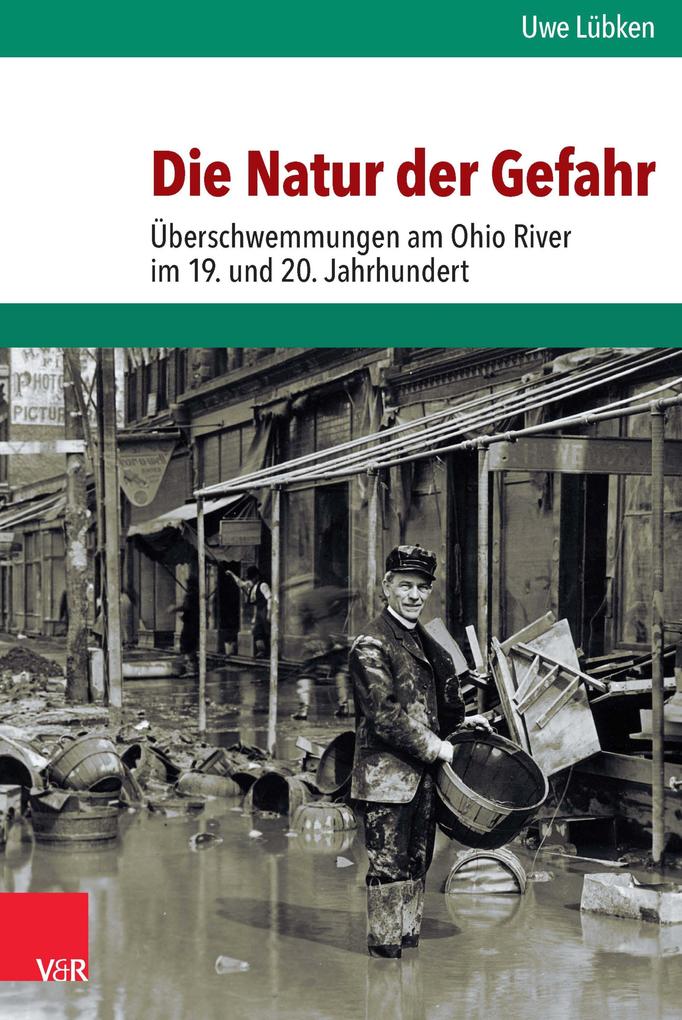Bücher versandkostenfrei*100 Tage RückgaberechtAbholung in der Wunschfiliale

Sofort lieferbar (Download)
Hardly any other river has suffered as greatly from the drastic confluences of natural and cultural dynamics as the Ohio River. The waterway, an important means of transport and communication, was vital to the growth of the Ohio Valley region in the nineteenth century. Commercial hubs and industrial cities, such as Pittsburgh, Louisville, and Cincinnati, sprung up along its banks; it served both as a sewer and as the infrastructural artery. However, this seemingly harmonious union of nature and culture was called into question by repeated flooding. Uwe Lübken has examined both the increasing use of flood plains and the assimilation of flooding into local knowledge, analysing the ways in which past disasters were remembered or forgotten and the history of flood defences. He presents the history of flooding in the Ohio River as a history of risk, in which river use and hazards are closely intertwined.
Mehr aus dieser Reihe
Produktdetails
Erscheinungsdatum
19. Februar 2014
Sprache
deutsch
Seitenanzahl
334
Dateigröße
12,46 MB
Reihe
Umwelt und Gesellschaft
Autor/Autorin
Uwe Lübken
Verlag/Hersteller
Kopierschutz
ohne Kopierschutz
Family Sharing
Ja
Produktart
EBOOK
Dateiformat
PDF
ISBN
9783647317069
Entdecken Sie mehr
Bewertungen
0 Bewertungen
Es wurden noch keine Bewertungen abgegeben. Schreiben Sie die erste Bewertung zu "Die Natur der Gefahr" und helfen Sie damit anderen bei der Kaufentscheidung.

































